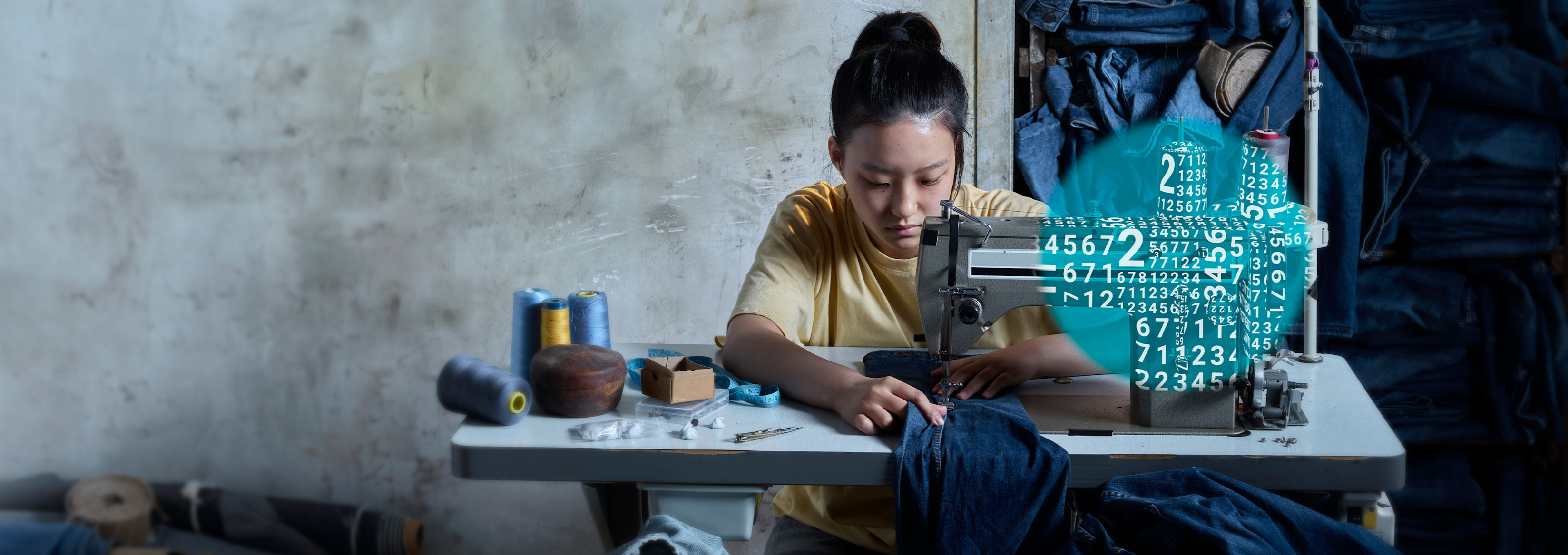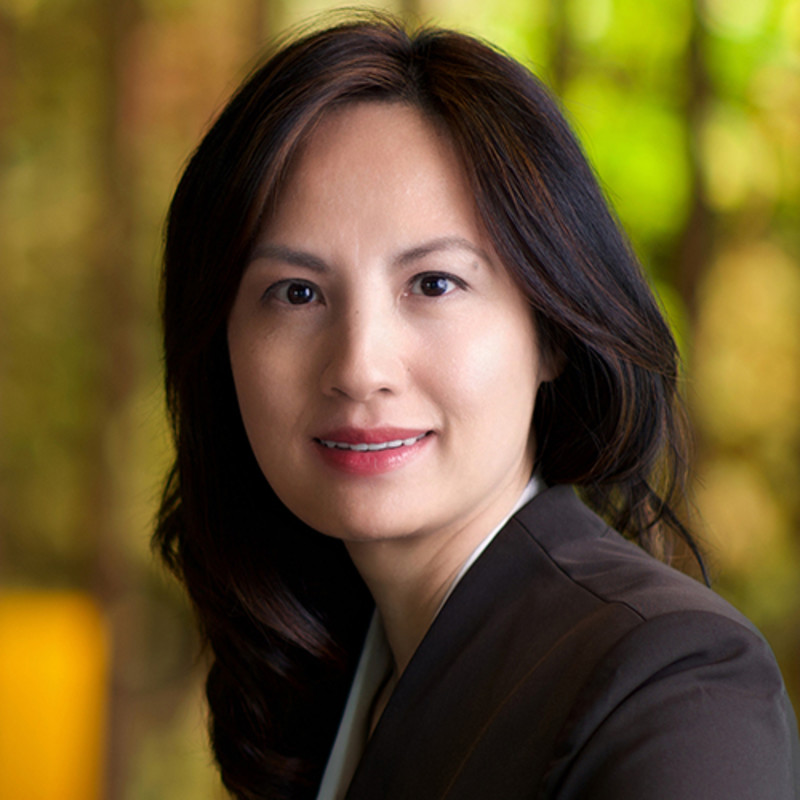

SDGs: the roadmap to a better world
Achieving the Sustainable Development Goals (SDGs) enables you to build resilient economies. The entire spirit of the goals lies in this blueprint for improvement, says Thu Ha Chow, Robeco’s Head of Fixed Income for Asia.
Summary
- Using the Sustainable Development Goals as a common language
- SDG Framework finds the credits of companies making contributions
- Using SDGs to upgrade companies from Bs and Cs to become A students
If 2022 and, indeed, all bear markets in the past taught us anything, it’s that investors must be resilient. What doesn’t kill you makes you stronger. Thu Ha Chow knows a thing or two about this, having lived in a refugee camp as a child. Once she graduated with a degree in economics, it led her to work with impoverished children in Asia, before embarking on a career in finance.
Her natural inclination to use the power of finance to create a better world drew her towards sustainable investing, and ultimately to Robeco, where she now runs the Asian fixed income team. One of her team’s strengths is using Robeco’s SDG Framework to find the bonds of companies that can make a positive contribution to the goals.
“Without SI, I don’t know if I’d want to continue working in this industry – before that, if it was just about alpha and outperformance,” Thu Ha says. “Everything came together for me, personally and professionally, with the SDGs. From an economic development perspective, achieving the SDGs enables you to build resilient economies and businesses.”
The SDGs were conceptually developed to be applied to countries, but thanks to internal research, they are now also applicable to companies. “This was a big step that had to be taken,” she says. “The SDGs are hugely important because they give us a language. Without this common language, everyone would mean something different when they talked about SI.”
It is an illusion to think, however, that investment portfolios can make a positive impact on all 17 SDGs, let alone on all the 169 sub-goals. “Due to the nature of the companies in which you invest, you always have a bias toward a limited number of SDGs,” Thu Ha says. “Because they are designed to apply to countries, you can’t tick every box at the company level.”
The market mechanism
Are the SDGs though opposed to the spirit of capitalism? Thu Ha takes a philosophical approach. “The aspect of capitalism we deal with is the market mechanism, which is essentially a mechanism to efficiently distribute resources. However, as a society, we need to set goals for what the resources need to achieve. The SDGs help us set the right goals.”
One drawback is that investors often shy away from unsustainable companies, when these are the very businesses that can improve with help and monitoring. “The entire spirit of the SDGs lies in the potential for improvement,’ she says. “The challenge is in investment models. You don’t want to lower the standard, but at the same time, using the SDGs, you want to upgrade those Bs and Cs to become A students.”
This story is an excerpt from a longer interview from the Quantifying sustainability book.

Quantifying sustainability: A new book on data & determination
This is a book about nine Robeco specialists and their drive, the numbers and data behind the stories. It’s about ESG integration, SDGs, climate and biodiversity, dilemmas and data.





















